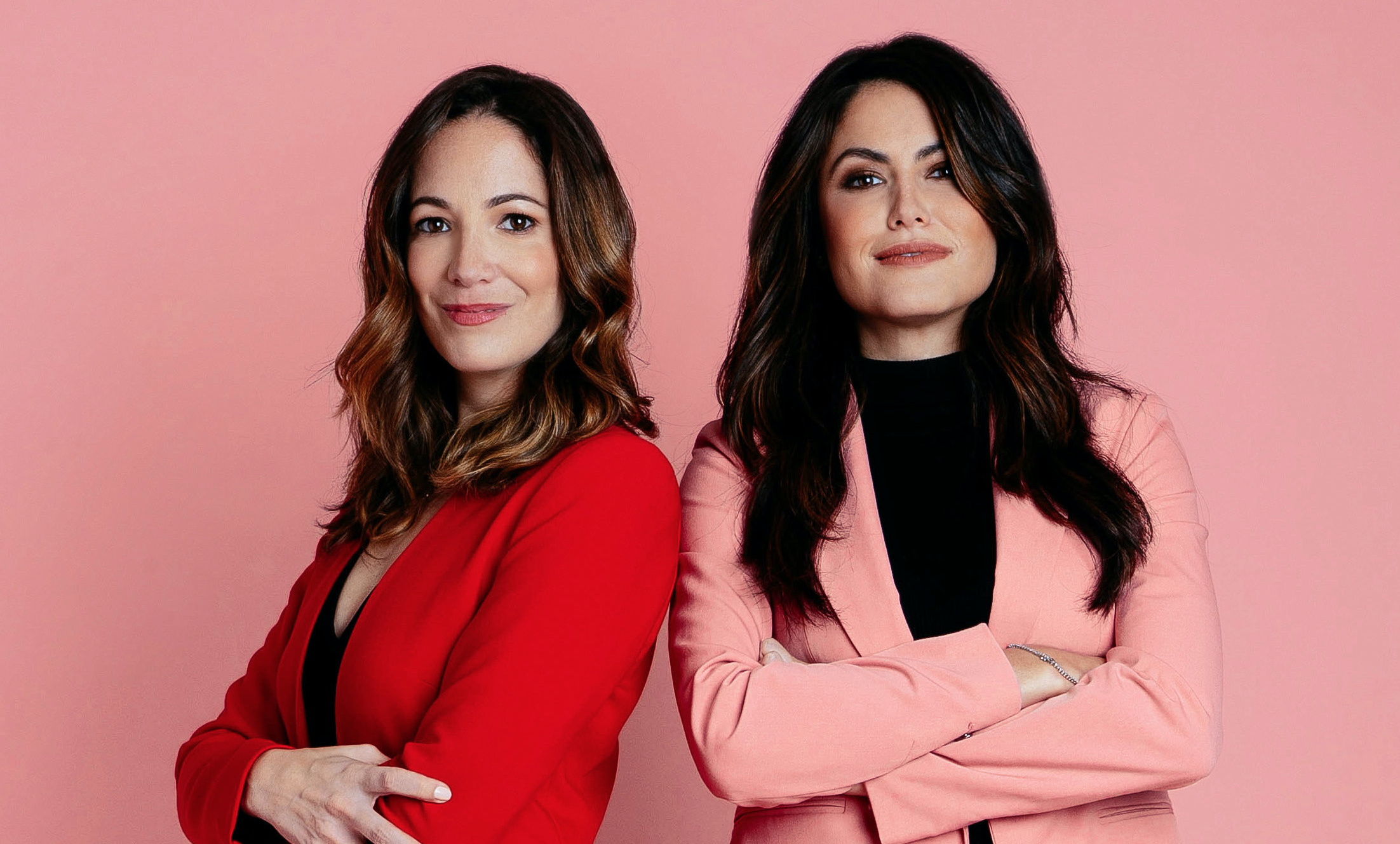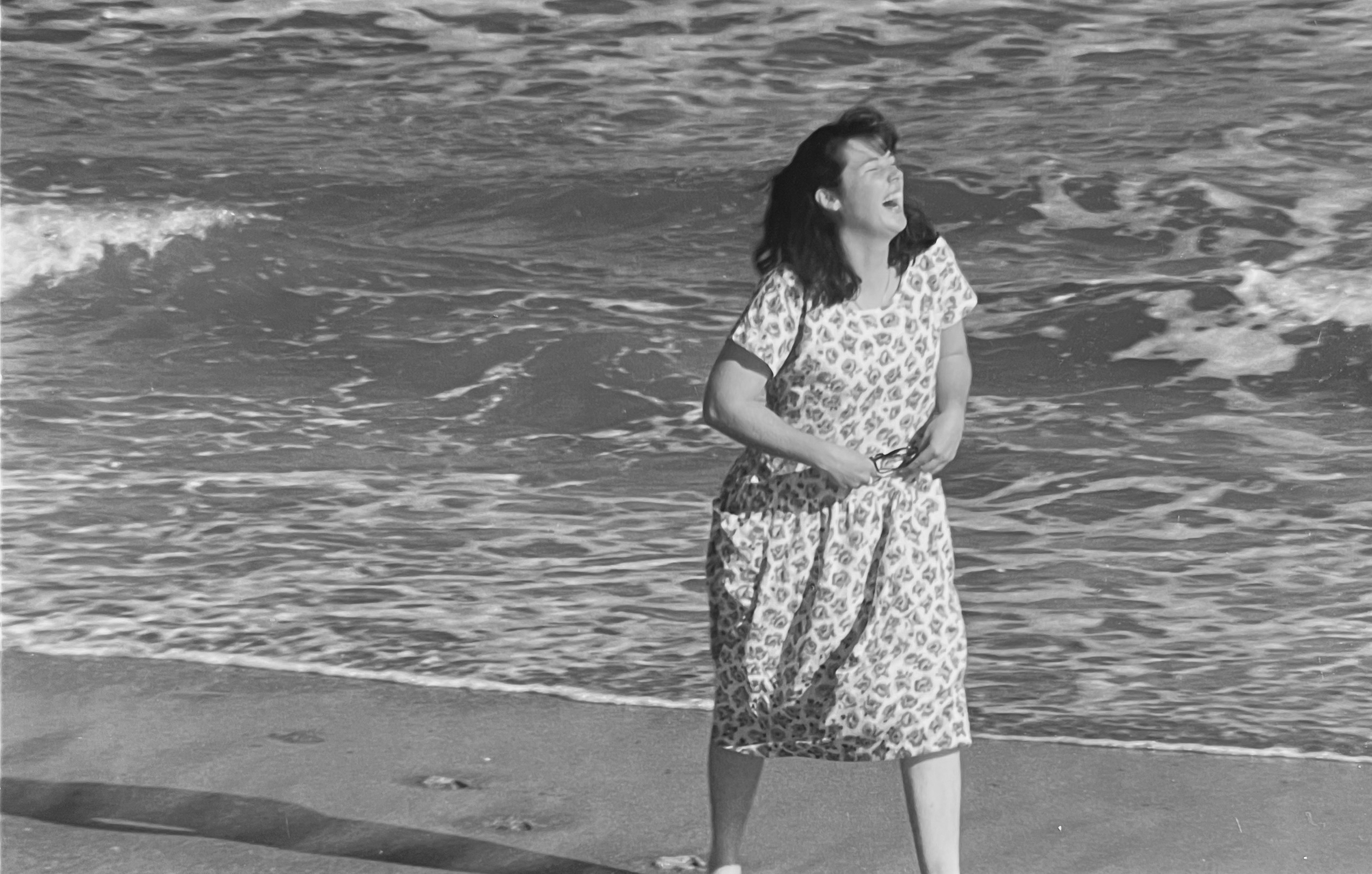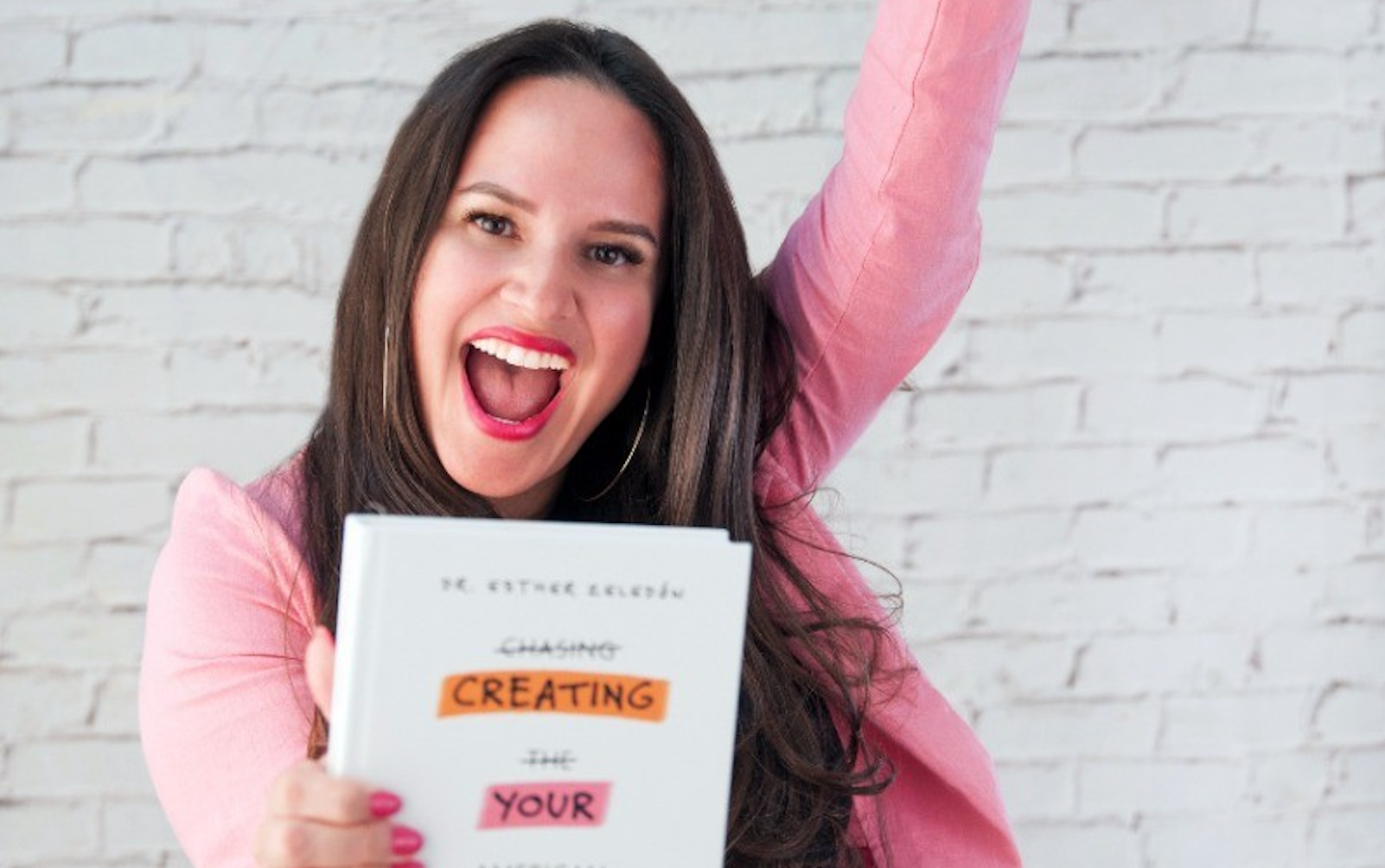
It’s 2017, people. And yet, period shaming and menstrual stigma is still a thing. But before you think, “oh that’s just an issue that affects people in countries like Nepal or India, you might want to take a look at how it is happening even in the most developed countries like the US. For example, a woman in Georgia has filed a lawsuit claiming she was fired for having a period, when she began menstruating unexpectedly and left a stain on a work chair. Nope, not even kidding about that one (sadly).
So it begs the question: since a large majority of women, i.e half the planet, happen to menstruate and have been since the dawn of time, why is having a period still something we talk about in hushed tones, or worse, something we aren’t fully educated about? Two women in the UK want to change this and have launched their own online platform for their mission.
Periodical Diary is the brainchild of London-based duo Elizabeth Folarin, a social worker, and Karleen Jones, a housing officer. Buzzfeed recently published a profile about the platform (which is how we first came across them!) and how the two women want to empower girls not to be ashamed of talking about something that is so normal. The website is a place where girls can come and feel safe talking openly about their periods and ask questions. Elizabeth and Karleen also take their message to the masses with school workshops and various events in and around London.

“People keep whispering about periods, but we say it loud to the point where it’s not awkward. Then people just start to talk about it on a normal level, and we know, from that day on, our job is done. That’s kind of what we’re aiming towards,” Karleen told Buzzfeed reporter Fiona Rutherford.
Elizabeth added that because of both of their respective day jobs, period shaming was an issue they already cared about so Periodical Diary seemed like a natural progression in their line of work.
“Because we’re so passionate about it, and obviously because of our day-to-day jobs, where we are empowering and supporting people anyway, it sort of built up into the creation of Periodical Diary,” she said.
The two also bring their own personal stories to the table, showing how culture plays a major role in how people think of periods and women who menstruate. Elizabeth is of Nigerian descent and says there is a lot of misconceptions about periods in the African-Caribbean culture. The lack of education perpetuates the misconceptions and leads people to think of menstruating women as “unclean”, she said.
Karleen is of West Indian heritage and explains how she and the women in her family would never talk about periods in front of her dad. It was a “women’s secret”. But aside from the more absurd misconceptions that get peddled, such as bears are attracted to menstrual blood, the women explain how there are more important myths that need to be broken down for girls.

“There’s this idea that if you haven’t got your period then you’re pregnant and, oh my god, where’s the pregnancy test? Actually, your stress levels and the food you eat can have an impact on your cycle. So it’s about developing and sharing the knowledge that a missed period is not always the sign of a pregnancy,” said Elizabeth.
Periodical Diary is also involved in political action. They are trying to lobby the UK government to make menstrual hygiene products free for all school age girls through a petition. Period poverty is what they want to tackle through this action, and it is an issue we have seen here in the US, where women in prisons (for example) are being denied tampons in an attempt to strip them of dignity.
Global non-profit organization Plan International believes both boys and girls should be learning about periods in school, which they believe could eliminate stigma elsewhere in society. They did a survey of 1000 girls between 14-21 and found almost half of them were embarrassed to talk about their period, and 1 in 7 didn’t know what was happening to them when they first began menstruating.
Although a Department of Education spokesperson told the BBC that schools can already teach about menstruation through sex education programs, and that it is part of the national curriculum for science in the UK, it’s clear important messages aren’t even getting to the girls.

“I think there is a stigma and taboo around periods. Girls and boys aren’t being told about periods enough…We do think boys and girls should be taught together and boys have told us they don’t think it’s right they don’t know anything about menstruation,” said Kerry Smith, head of girls’ rights at Plan International UK.
This is why platforms like Periodical Diary who are doing the work of educating young women in schools specifically about periods and menstrual hygiene are invaluable. Karleen even recalls how at the age of 10, when she first started menstruating, she was in school and had no idea what was happening to her. Now she, along with Elizabeth, are aiming to change the culture and conversation.
“I think one of the reasons we have the workshops is to spread the message that it’s natural. It’s normal to have a period. It shouldn’t be this whispered secret. And I think if you get this message out, then the attitude from everyone else should change,” said Elizabeth.
You can learn more about Periodical Diary on their website and read the full Buzzfeed article here.

















